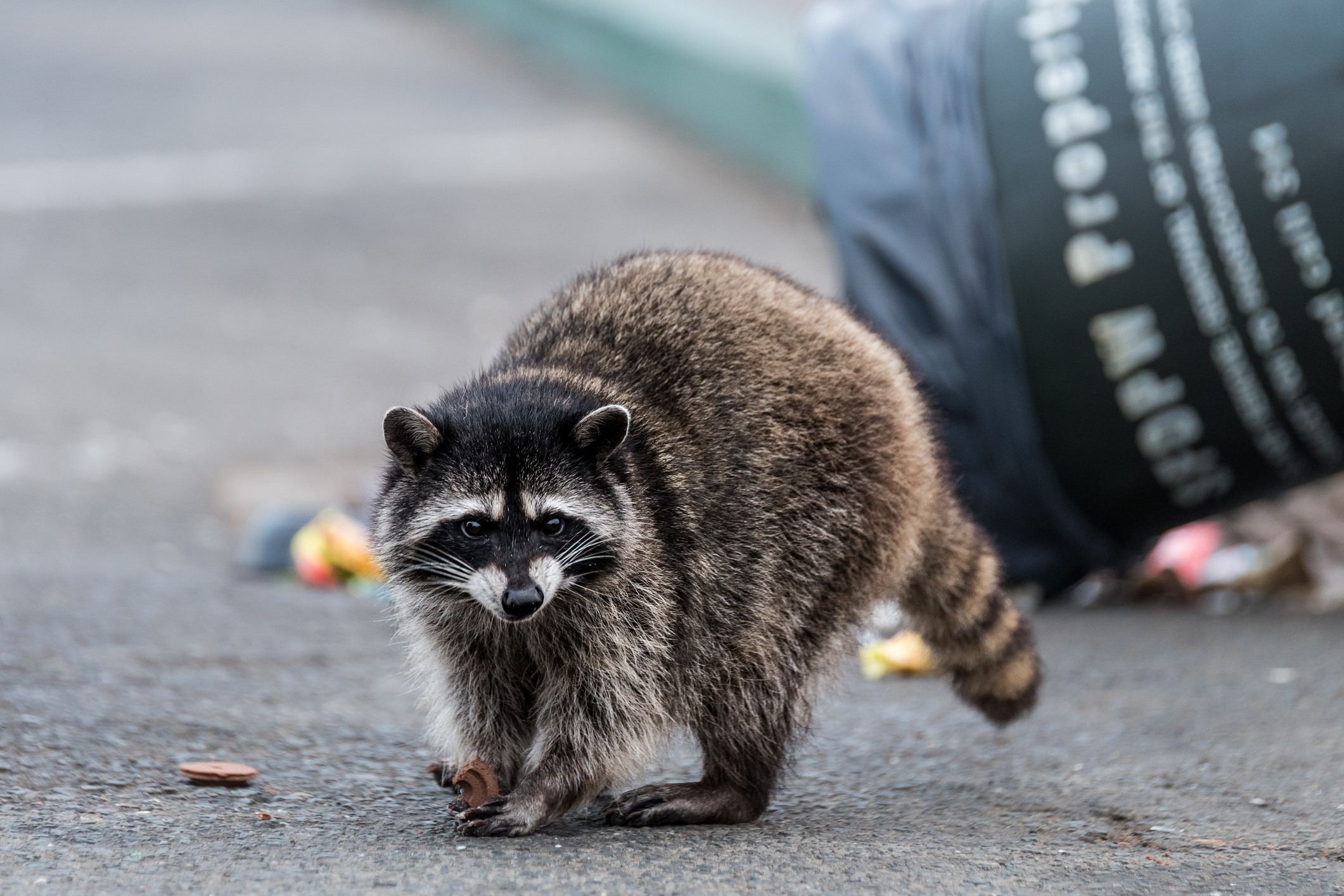Forget Covid-19, Rabid Raccoons Are Rolling Up Into South Carolina Hospitals
Palmetto State’s health agency confirms Lexington Medical Center received an unwelcome holiday visitor …
As if the threat of contracting the coronavirus pandemic wasn’t worrisome enough, patients at one
